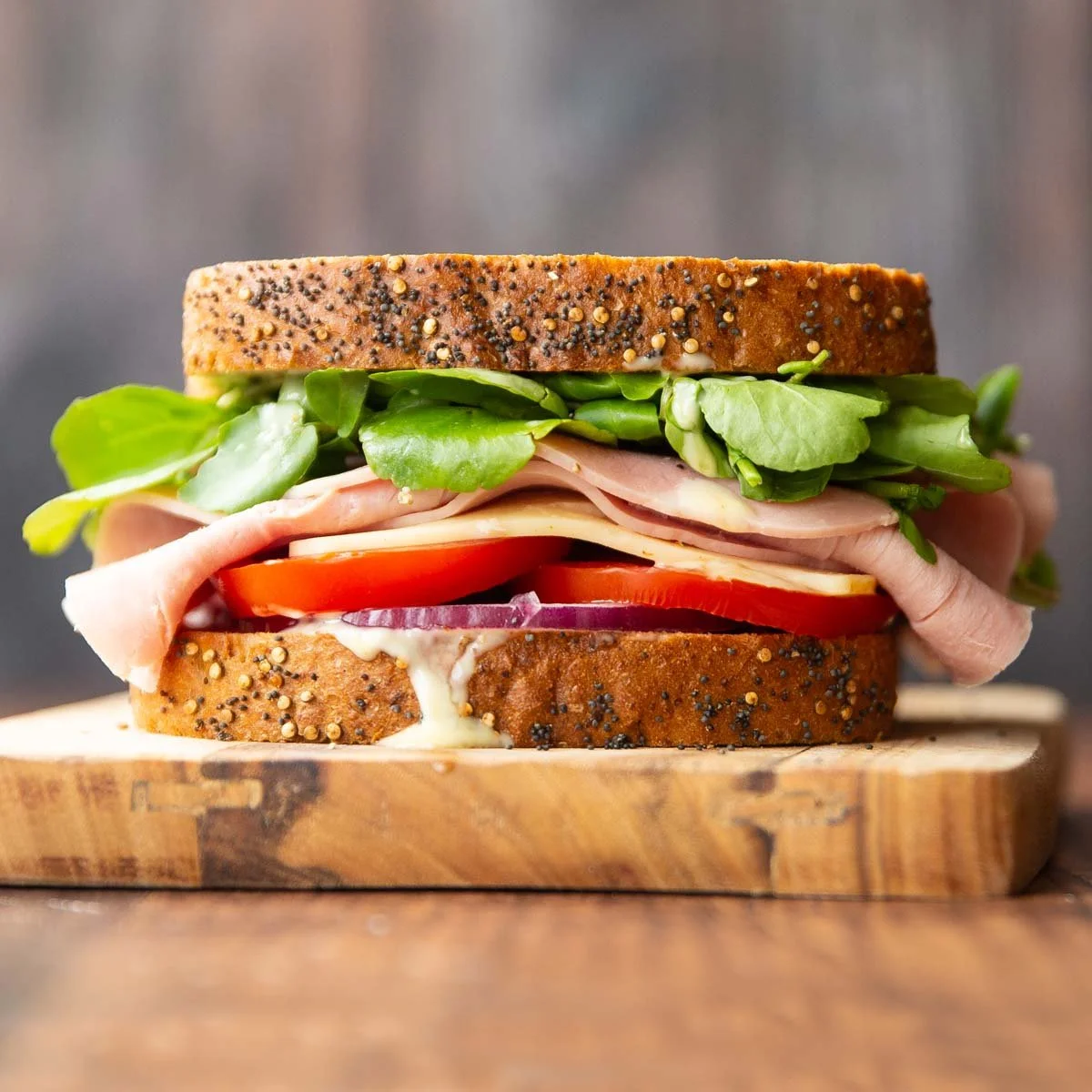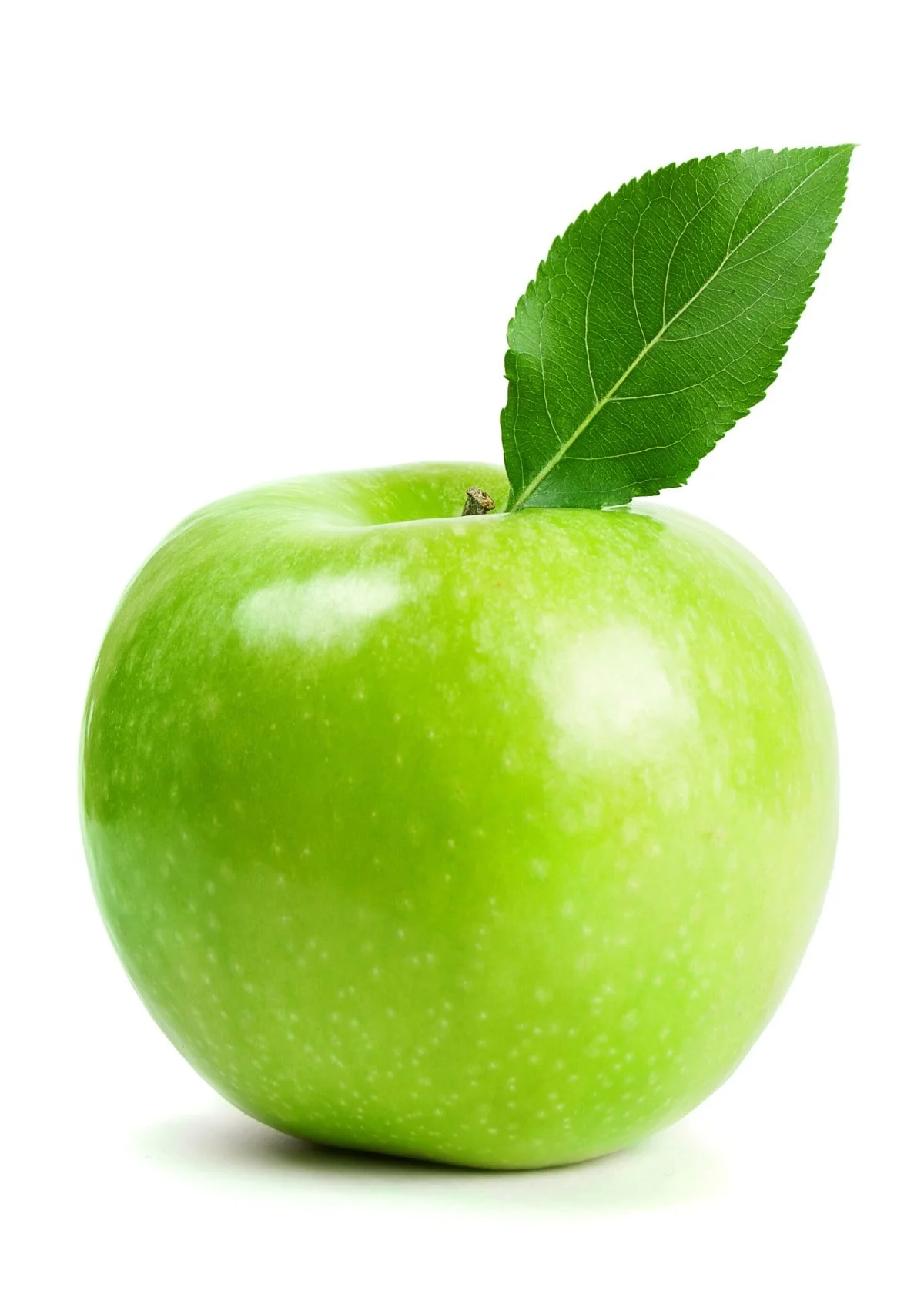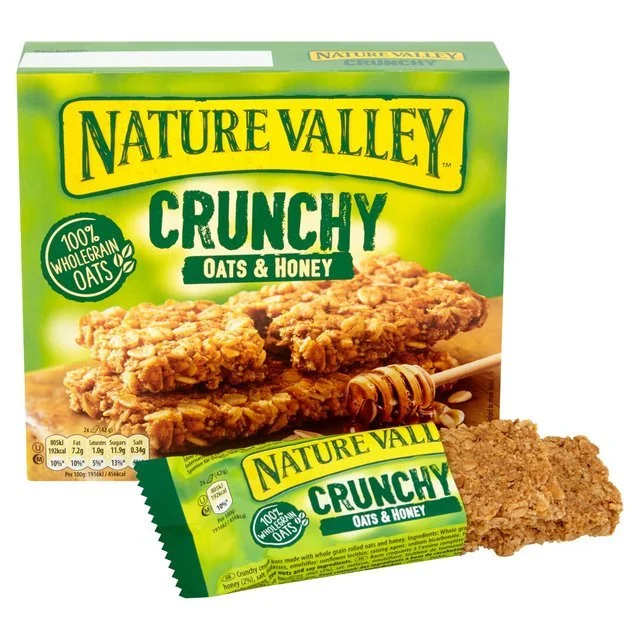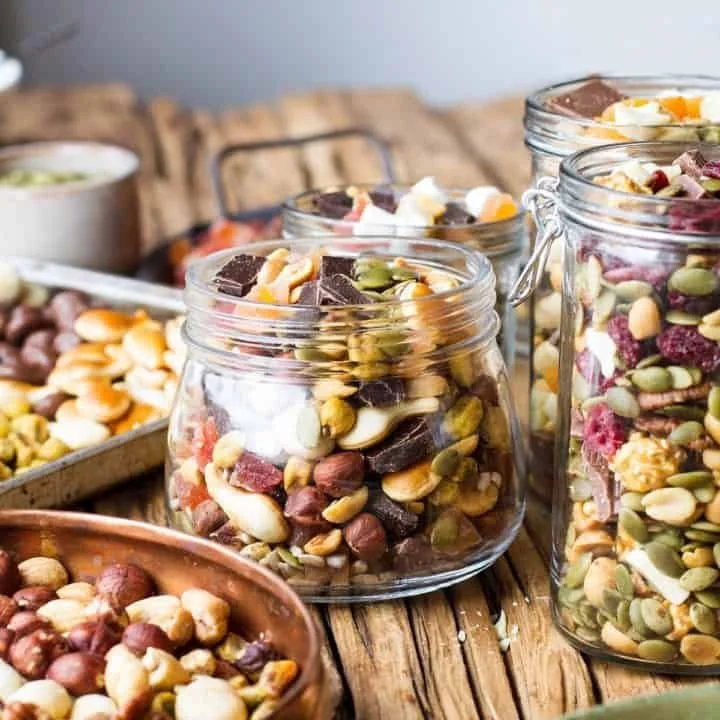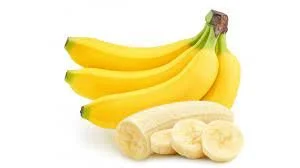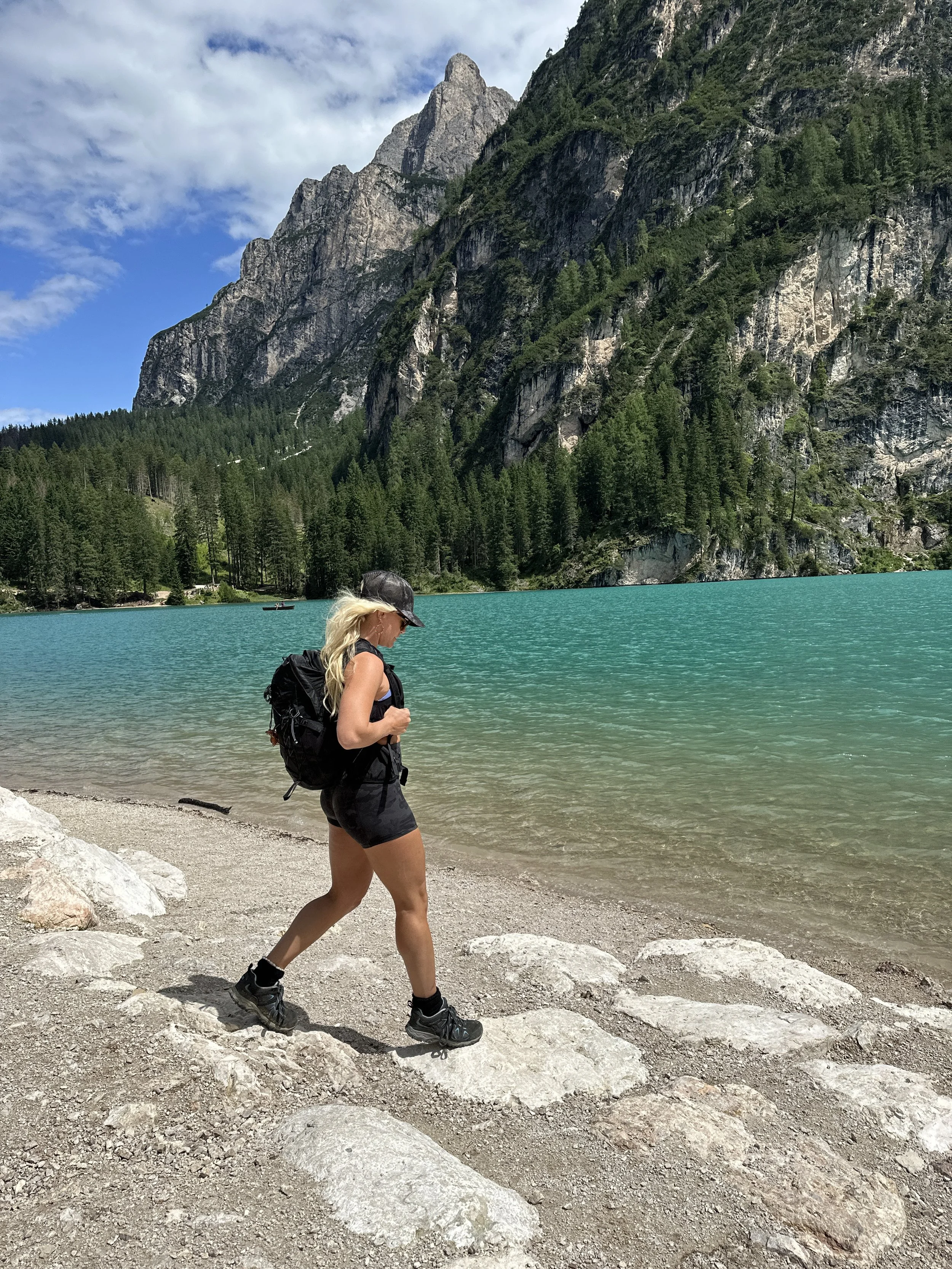8 Top Nutritional Tips for Hiking: Fuelling Your Adventure
August 23 2023 / TravelHiking is a fantastic way to connect with nature, challenge yourself, and explore breathtaking landscapes. To make the most of your hiking experience and ensure your body has the energy it needs, proper nutrition is key. Whether you are embarking on a short day hike or planning a longer trek, these 8 nutritional tips will help you stay energised, hydrated, and ready to conquer the trails.
1. Hydration: The Foundation of Your Hike
Do not wait until you are thirsty to drink water. Even in colder weather, your body loses fluids through sweating and breathing, which can lead to dehydration. To prevent this, bring more water than you think you will need and drink before setting out. Aim to consume 14 to 22 ounces of water about 2 hours before your hike. During the hike, sip water or a sports drink every 15 to 20 minutes, and replenish with 16 to 20 ounces of fluid per hour afterwards.
2. Electrolyte Balance: Powering Up the Mountain
Hiking in hot weather requires more than just water. Electrolytes like sodium, chloride, potassium, magnesium, manganese, and calcium are crucial for maintaining proper bodily function. Without them, you could risk hyponatremia, a dangerous condition caused by an electrolyte imbalance. To keep your electrolytes in check, incorporate salty snacks like nuts and chips, or consider electrolyte supplements. This is especially important if you are hiking in high temperatures or for an extended period.
3. Pre-fuel and Refuel: Energy for the Journey
Starting your hike with a well-balanced meal sets the stage for success. Opt for a quality carbohydrate source, such as oatmeal, a bagel, or granola and fruit. Eating before you head out provides your body with essential nutrients and prevents early fatigue. After your hike, within one hour, replenish glycogen stores with carbohydrates and protein to aid muscle recovery and restore energy levels.
4. Protein for Recovery: More Than Just Muscle Building
Protein is not just for bodybuilders; it is essential for repairing muscle tissue, especially after strenuous activity like hiking. Consume 25-30 grammes of protein post-hike to support your body's recovery process. This will help repair microscopic muscle tears and reduce soreness, leaving you feeling stronger and more prepared for your next adventure.
5. Balancing Macronutrients: A Guide for Energy
During longer hikes, aim for a balanced intake of macronutrients: 45-55% carbohydrates, 35-40% fats, and 10-15% protein. Carbohydrates provide quick energy, fats sustain energy over time, and protein supports muscle recovery. Adjust these ratios for shorter hikes, prioritising carbohydrates and protein while slightly reducing fat intake.
6. Grazing for Sustained Energy: Keep Snacking
Eating smaller, frequent snacks during your hike is more effective than consuming large meals. With blood flowing to your hard-working muscles, digestion slows down. High-fat nuts like almonds, cashews, and walnuts release energy gradually, helping to prevent hunger and maintain a steady energy supply. Aim for 6 to 8 snacks a day, particularly on longer hikes.
7. Keep It Simple: Practical Nutrition Choices
Selecting the right hiking snacks can be overwhelming, but it does not need to be complicated. Prioritise easy-to-pack, nutrient-rich options that provide sustenance and hydration. While taste is important, also consider cost, shelf life, and weight. Do not stress too much about making the perfect choices; the goal is to meet your nutritional needs for the hike.
8. Smart Snacking Ideas: Fuelling Your Trek
When it comes to snack choices, choose for options that are convenient, energy-dense, and provide a mix of nutrients. Here are some ideas to consider:
Beef jerky
Fresh fruits like apples, pears, and bananas
Protein bars
Trail mix with nuts and dried fruits
Mixed nuts for sustained energy
Dried fruit for natural sweetness
Chocolate for a quick energy boost
Bonus Tip: Stay Refreshed with a Flask
Carry a flask for your preferred beverage, whether it is warm tea or a refreshing cold drink (non-alcoholic, as alcohol negatively affects climbing ability). Staying hydrated and maintaining your body's temperature can greatly enhance your hiking experience.
Bottomline: Proper nutrition is a crucial part of successful hiking. By following these 8 nutritional tips, you will be well-equipped to tackle any trail, from short day hikes to multi-day treks. Remember to stay hydrated, replenish electrolytes, fuel your body with balanced meals and snacks, and prioritise recovery. With smart nutritional planning, you will have the energy, strength, and endurance to fully enjoy the beauty and challenges of the great outdoors. So grab your hiking gear, pack those nutritious snacks, and embark on a memorable adventure!
Now, if this blog tickled your adventurous bone and you're keen on stepping into the world of hiking or levelling up your outdoor game, I've got you covered. Dive into those blog posts, the ones that'll guide you through those baby steps or those daring leaps into the wild. Because, hey, my mission? To get both the ladies and gents out there, basking in nature's glory, uncovering its secrets, and embracing all the goodness it has to offer!
If you’re on a quest to get fit for the mountains then look no further and join me on my 8 week Adventure Fit programme. The aim is to help you build your fitness, build your strength, and bulletproof your knees and joints to withstand the mileage you’ll be trekking. Find out more about the programme here: Adventure Fit GYM - 8 Week Strength & Fitness Programme or Adventure Fit MINIMAL - 8 Week Strength & Fitness Programme (great if you’re on the move and don’t have much equipment with you).
If you enjoyed this blog, you may also enjoy…
HIKE WITH MEMY ESSENTIALS HIKING KIT
NEWSLETTER

